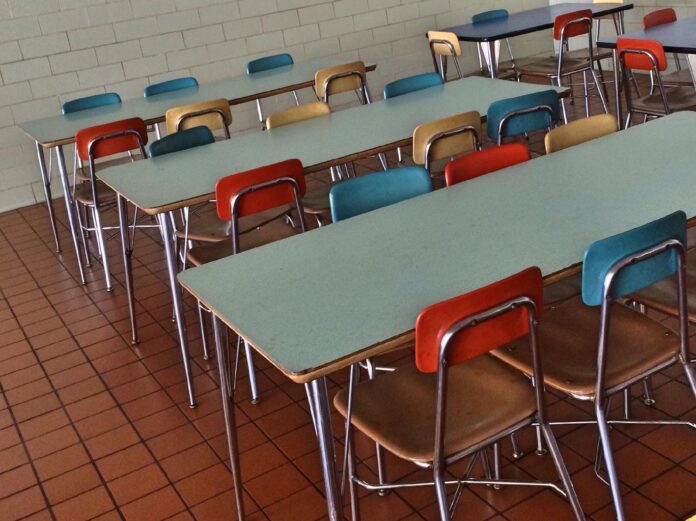The recent debates surrounding education have become a central point of discussion within the Labour Party, offering a glimpse into the broader dynamics of the UK’s political landscape. With a significant portion of new Labour MPs having backgrounds in education, it’s no wonder that the party is eager to address the current issues plaguing the sector. From T-levels and BTECs to university funding and private schools, the conversation reveals much about the challenges and potential solutions ahead.
A New Face in Education: Bridget Phillipson
Bridget Phillipson, the new Secretary of State in charge of education, has become the focal point of Labour’s educational reform initiatives. Her rhetorical style, which hints at a poetic flair, presents education as a vehicle for national growth and development. Phillipson speaks of universities as “engines of growth” and repeatedly emphasises the importance of a “platform for improving core findings.” However, some critics argue that her language, full of educational buzzwords like “learners,” risks distancing the public from understanding the real issues at stake.
Her focus on T-levels and BTECs, two vocational qualifications aimed at providing alternatives to traditional academic routes, signals Labour’s commitment to diversifying the paths available to young people. Still, the party faces the challenge of ensuring these qualifications offer genuine value in the job market.
The Mental Health Crisis in Education
The mental health of teachers and students alike is another recurring theme in these debates. Labour MP Chris Vine pointed to the mental health struggles many educators are facing, with their morale reportedly “at rock bottom.” This concern is echoed by others, highlighting the growing pressure on teachers to meet an ever-increasing set of standards while navigating a profession that often leaves little room for personal well-being.
Unions are pushing for changes to ease the burden on teachers, including removing some of the more rigorous standardised tests such as times tables and grammar exams. The argument is that these assessments offer minimal educational benefit and contribute to an environment where teachers feel constantly overworked and undervalued.
A Tax on Private Schools: The VAT Debate
Another contentious topic raised during the debate was the Labour Party’s proposal to impose VAT on private school fees. Rachael Maskell, who has increasingly become a vocal figure within the opposition, questioned the policy’s impact on schools that provide essential support for students with mental health issues. The discussion reflected a broader concern about how such a tax could widen the gap between private and state education, potentially pushing private schools out of reach for many middle-class families.
While the idea of taxing private schools is supported by some as a way to fund public education, there are concerns about unintended consequences. Some argue that independent schools play a critical role in reducing the burden on the state education system, particularly when it comes to supporting students with special needs.
The Tory Absence and Leadership Focus
Curiously, while Labour’s education debates heated up, Conservative MPs were notably sparse in attendance, with many focused on the ongoing leadership election. The attention of Conservative MPs seemed to be drawn to their internal struggles rather than the pressing issue of education reform. Tom Tugendhat, one of the leadership candidates, stood out for his amiable demeanor as he engaged with colleagues, despite reports of a behind-the-scenes effort to push him out of the race. His cheerful interactions with fellow MPs highlighted the ongoing power struggles within the Conservative Party.
What Lies Ahead for UK Education?
As Labour continues to drive the education conversation, it’s clear that the party sees the sector as a crucial battleground for winning the hearts and minds of voters. However, as new MPs and policy changes come to the forefront, the challenge remains balancing idealistic reform with practical realities. With teacher morale low, student well-being at risk, and contentious policies like VAT on private schools in play, the future of education under Labour’s potential leadership is a complex one. Only time will tell whether these debates lead to meaningful change or further polarise the political landscape.
Further Reading




